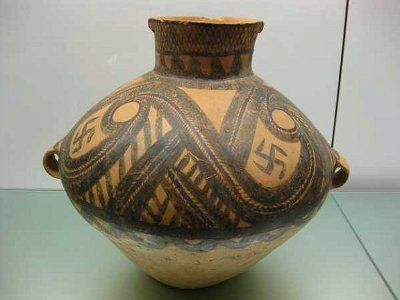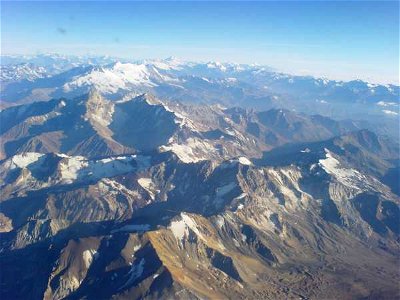6. The most famous duel in American history involves the events of July 11, 1804 when the sitting US Vice President Aaron Burr shot and killed former Treasury Secretary Alexander Hamilton. What was the cause of the fight between the two men?
From Quiz X Marks The Shot
Answer:
Hamilton's political opposition to Burr
In the aftermath of the American Revolution, strong political differences arose between the men who had forged the nation. Alexander Hamilton and Aaron Burr, both from New York, were leaders of opposing parties. During the Presidential election of 1800, in accord with then US law, the President was the top vote getter and the Vice President the second highest candidate. Thomas Jefferson and Aaron Burr tied with 73 electoral votes. The election of the President was determined by a vote of the US House of Representatives where (on the 36th ballot) due in large part to the efforts of Alexander Hamilton, Jefferson was elected over Burr. In 1804 Burr, despite being Vice President decided to run for Governor of New York. Hamilton again used all of his influence to publicly denounce Burr's character.
The feud boiled over in the spring of 1804, and the two men met outside New York City (Weehawken New Jersey) where they each fired a pistol. Hamilton's shot missed, but Burr's did not mortally wounding Hamilton. Burr was charged with murder but was acquitted. He served out the remainder of his term as Vice President but was no longer a viable force in American politics. Ironically, In 1801 Alexander Hamilton's son, Phillip, had also died from injuries suffered from a duel. Both Hamiltons died from wounds inflicted by the same pistol.








 Quick Question
Quick Question
